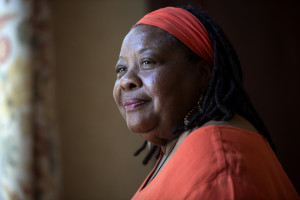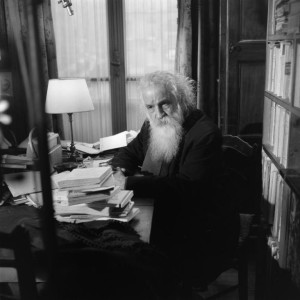Where does it hurt?
September 19, 2016
That’s a question the civil rights icon Ruby Sales learned to ask during the days of that movement. It’s a question we scarcely know how to ask in public life now, but it gets at human dynamics that we are living and reckoning with. At a convening of 20 theologians seeking to reimagine the public good of theology for this century, Ruby Sales unsettles some of what we think we know about the force of religion in civil rights history, and names a “spiritual crisis of white America” as a calling of this time.
Ruby Sales/Veteran’s of the Civil Rights Movement
<On Being>
http://www.onbeing.org/program/ruby-sales-where-does-it-hurt/8931
‘…sudden inflection of human genius.’
French philosopher Gaston Bachelard:
Whether it comes from suffering, or whether it comes from joy, we all experience as human beings this moment of illumination at some point in our lives: a moment when we suddenly understand our own message, a moment when knowledge, by shedding light on passion, detects at once the rules and relentlessness of destiny — a truly synthetic moment when decisive failure, by rendering us conscious of the irrational, becomes the success of thought. That is the locus of the differential of knowledge, the Newtonian burst that allows us to appreciate how insight springs forth from ignorance — the sudden inflection of human genius upon the curvature of life’s progress. Intellectual courage consists in actively and vitally preserving this instant of nascent knowledge, of making it the unceasing fountain of our intuition, and of designing, with the subjective history of our errors and faults, the model of a better, more illuminated life.
<Maria Papova>

